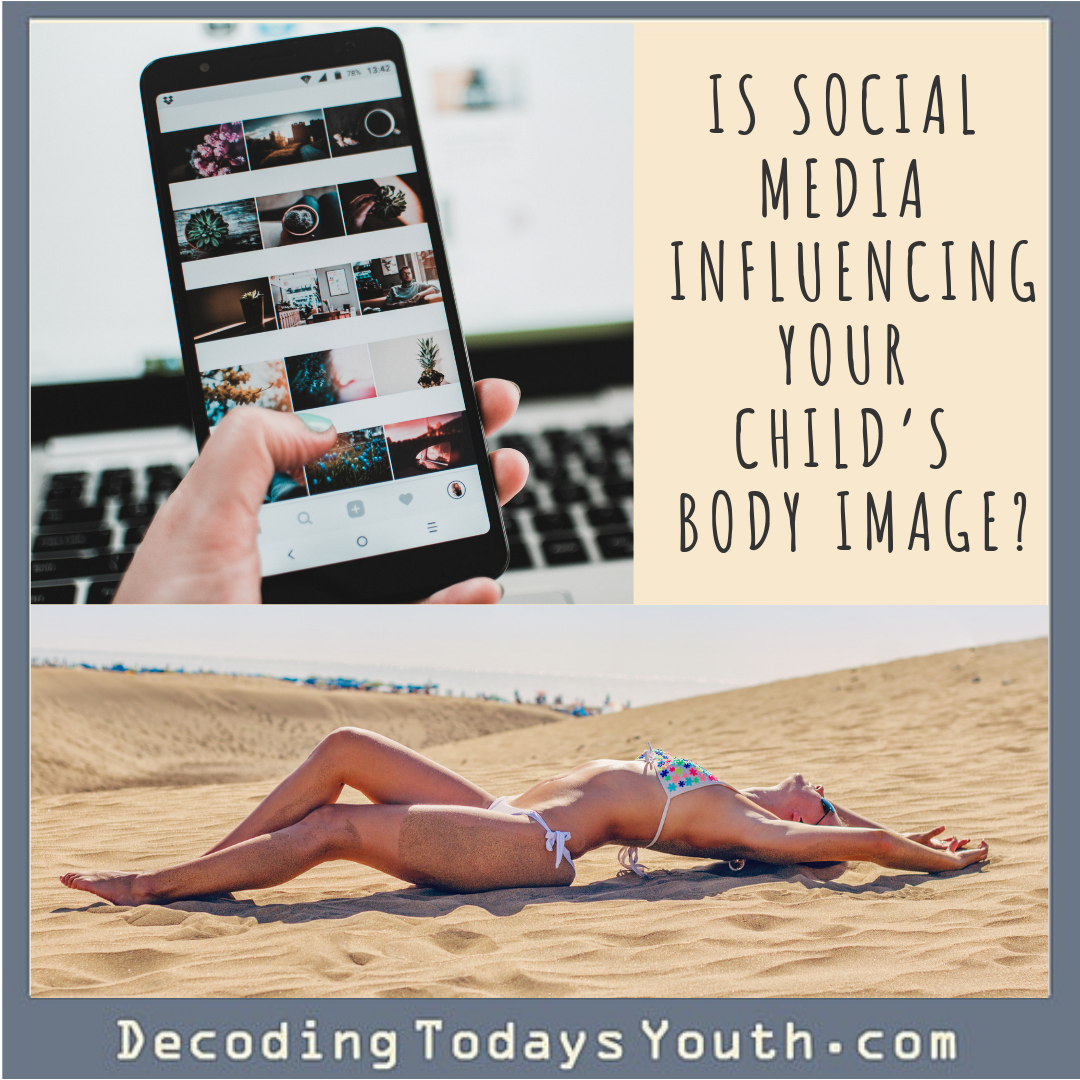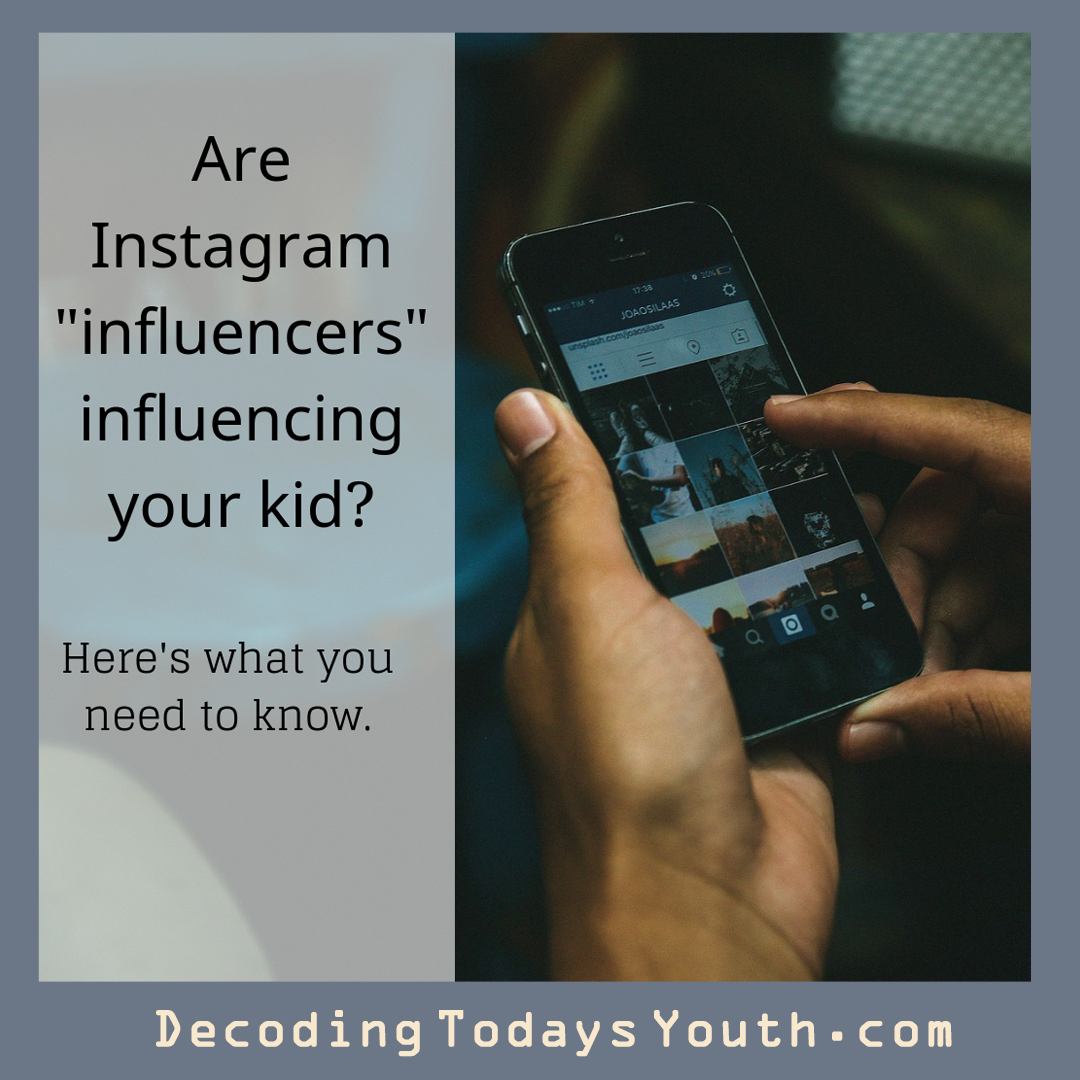
Picture-perfect food, beaches, boats, vacation photos, selfies… All of these flood social media. They portray a perfect life – that no one possesses!
The pressure to look and feel perfect is higher than ever before. Everyone can fake their lives. And shove it in everybody else’s faces. You know all of this isn’t the real truth. But does your adolescent?
Most Influential: Social Media
There’s your child, scrolling through Instagram, Twitter, Facebook or any other social media platform. They find numerous accounts and pictures of people with perfect bodies at perfect places posing perfectly. Celebrities and influencers getting paid to post picture-perfect content.
But do you compare yourself to these images? Doesn’t it make it easier to see the flaws you have? Young girls and boys are extremely susceptible to this. Phys.org reports “teens who reported posting more pictures on social media, had a heightened awareness of their appearance, which was related to feeling more negative about their body.” The more time a teen spends online, the more likely they are to have a negative body image.
But you and I know the pictures that flood social media are unnatural in pose and quality. No one has perfect skin or a perfect figure. “Fitspiration” accounts, designed to promote one fitness expert over another, can influence adolescences to create unhealthy eating habits and extreme exercise regimes. Fashion models post about their “everyday” life and young minds tend to wonder why their life is not like that. The standard that is being held up to your child is unrealistic. One natural outcome is bad feelings about their body, and shame.
How to Help
There is help out there. Psychologytoday.com offers an acronym to help teach your child about this aspect of the media.
F.A.C.E.
F – Filter out content that makes them feel negative in anyway.
A – Avoid letting them spend all their time on social media.
C – Careful of comparing others lives to how their life is going.
E – Evaluate what the differences are between real and fake photos.
It is important to teach your children that real life is not supposed to look perfect. Real life is beautiful in its own, unique way. It is different for everyone. Being comfortable with the way you look with today’s Internet is hard. However, for your child’s sake, teach them that everyone is perfect in their own way, on both the inside and outside.
Links:
https://phys.org/news/2018-05-reveals-selfies-teenage-body-image.html
https://www.decodingtodaysyouth.com/is-your-tween-spending-too-much-time-on-youtube/



